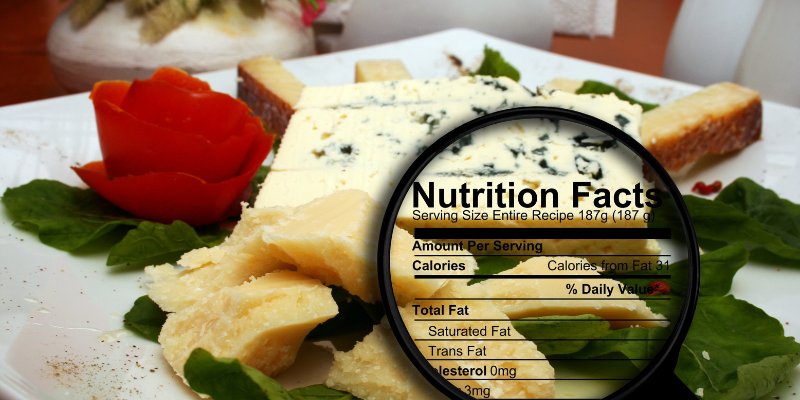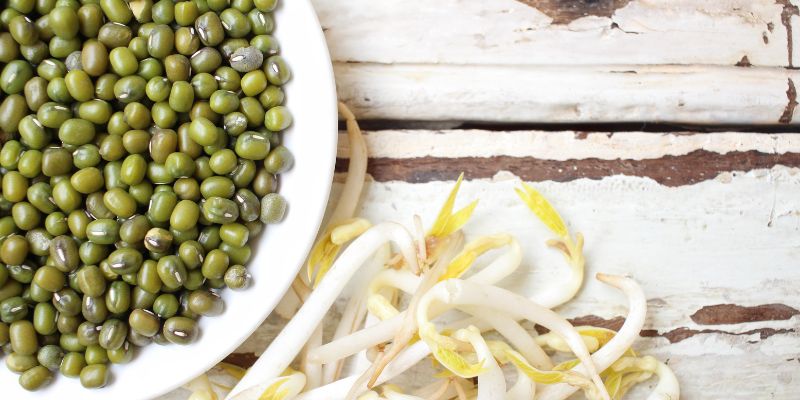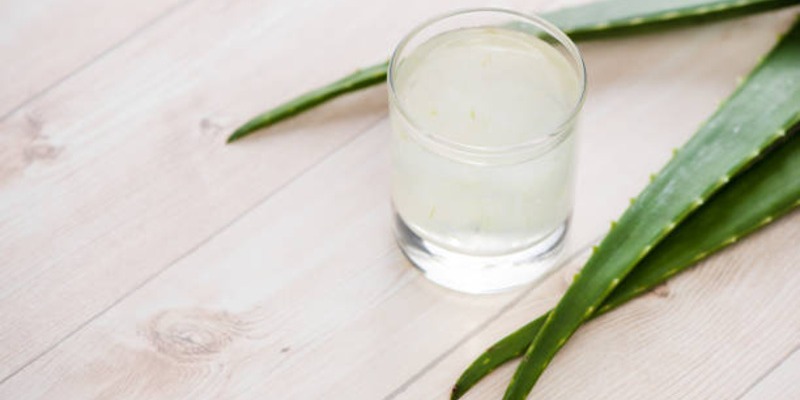Experiencing a headache or migraine can feel like your entire world has been put on hold. While medication can offer quick relief, turning to natural remedies might provide a more sustainable solution. Among the many ways to manage these painful episodes, adjusting your diet can be surprisingly effective.
Some foods are known for their ability to soothe pain and reduce inflammation, which are key factors in headache and migraine relief. In this article, well delve into ten specific foods that can help ease the discomfort of headaches and migraines, offering a natural path to better health and well-being.
Beat Headaches Naturally: 10 Foods That Can Help
Headaches and migraines can disrupt daily life, but finding relief doesnt always require medication. Instead, you can turn to your kitchen for natural remedies. Certain foods possess properties that help alleviate the pain and discomfort associated with headaches. By including these foods into your diet, you can manage and reduce headache symptoms naturally.
In this article, we'll explore ten such foods that may help soothe your headaches and provide lasting relief. From nutrient-rich vegetables to anti-inflammatory fruits, these dietary choices offer a delicious and healthful way to combat pain. Lets dive into how these foods can make a difference.
Fatty Fish
Fatty fish such as salmon, mackerel, and sardines are rich in omega-3 fatty acids, which have anti-inflammatory properties. Inflammation is a known trigger for headaches and migraines, so adding these fish into your diet can help reduce inflammation in the body. Omega-3s also support brain health and can improve mood, potentially minimizing the occurrence of headaches triggered by stress or depression.
Spinach
Spinach is packed with magnesium, a mineral known for its muscle-relaxing properties. Magnesium deficiency has been linked to increased migraine frequency and severity. By including spinach in your diet, you can help ensure youre getting enough magnesium, which may reduce the frequency of migraine attacks. Spinach is also a great source of antioxidants, which can combat oxidative stress and inflammation.
Almonds
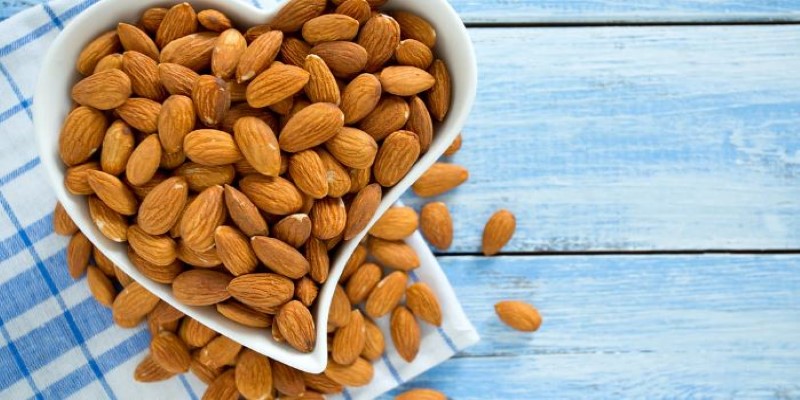
Almonds are another excellent source of magnesium. They also contain riboflavin, a vitamin that plays a role in energy production and can help reduce migraine frequency. Snacking on almonds or adding them to your meals can contribute to maintaining adequate magnesium levels and potentially reduce the incidence of headaches. Additionally, almonds provide a good dose of healthy fats, which can be beneficial for overall brain health.
Ginger
Ginger, a well-known natural remedy, is praised for its anti-inflammatory and analgesic properties. Its active compounds, such as gingerol, help reduce inflammation and alleviate pain, making it a beneficial food for managing headaches and migraines. Drinking ginger tea or adding fresh ginger into your meals can also help soothe nausea often associated with migraines, providing a dual benefit for those suffering from these conditions.
Turmeric
Turmeric, a vibrant yellow spice commonly used in Indian cuisine, contains curcumin, which has potent anti-inflammatory properties. Chronic inflammation is a known factor in many types of headaches, including migraines. Adding turmeric to your diet can help combat inflammation and reduce the intensity of headache attacks. You can use turmeric in cooking, smoothies, or as a supplement to harness its benefits.
Avocados
Avocados are a nutrient-dense fruit rich in magnesium, potassium, and healthy fats. The potassium in avocados helps regulate blood pressure, which can be important for headache prevention. The healthy fats and magnesium content in avocados also support brain health and muscle relaxation, potentially reducing the frequency of migraines. Adding avocados to salads, sandwiches, or smoothies can be a delicious way to incorporate this beneficial fruit into your diet.
Blueberries
Blueberries are packed with antioxidants and vitamins that can help reduce oxidative stress and inflammation. They are also a good source of vitamin C and vitamin K, which support overall health and may contribute to reducing headache symptoms. Enjoying a handful of blueberries as a snack or adding them to yogurt or smoothies can be a tasty way to benefit from their natural headache-relief properties.
Bananas
Bananas are more than just a convenient snack; they are also a powerful natural remedy for headaches. Rich in potassium, bananas help maintain electrolyte balance, which can be disrupted during migraine attacks. Low potassium levels can lead to muscle cramps and increased headache severity.
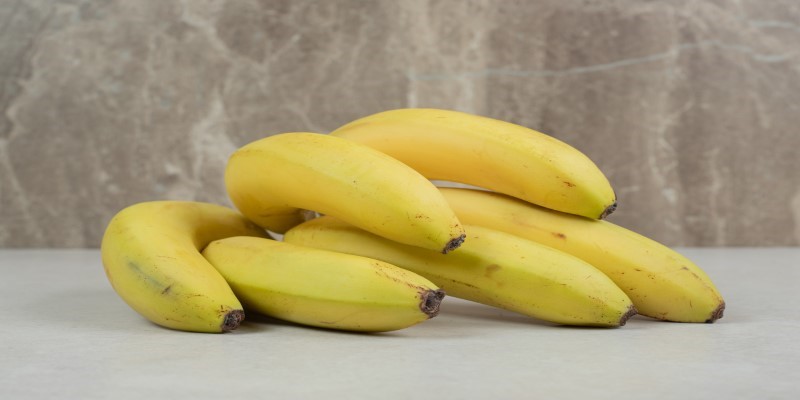
Additionally, bananas contain vitamin B6, which supports nerve function and can alleviate pain. Including bananas in your diet may help prevent dehydration-related headaches and improve overall neurological health. Whether eaten fresh or blended into a smoothie, bananas are a tasty way to potentially reduce headache discomfort.
Chia Seeds
Chia seeds are rich in omega-3 fatty acids, magnesium, and fiber. The omega-3s and magnesium found in chia seeds can help reduce inflammation and promote relaxation. Adding chia seeds to smoothies, yogurt, or salads can provide a nutritious boost to your diet while potentially helping to manage headache symptoms. The high fiber content also supports digestive health, which can be beneficial for overall well-being.
Peppermint
Peppermint is well-known for its soothing properties and can be effective in relieving headaches and migraines. The menthol in peppermint has muscle-relaxing and pain-relieving effects. Drinking peppermint tea using peppermint oil in a diffuser or applied topically to the temples can help ease headache symptoms. Adding peppermint into your routine can offer a natural and refreshing way to address headache discomfort.
Conclusion
Managing headaches and migraines naturally involves a combination of lifestyle adjustments, including dietary changes. By adding these ten foods into your diet, you can potentially reduce the frequency and severity of headache and migraine attacks.
Fatty fish, spinach, almonds, ginger, turmeric, avocados, blueberries, bananas, chia seeds, and peppermint each offer unique benefits that contribute to overall brain health and inflammation reduction. While these foods can be helpful, its essential to remember that individual responses may vary. Consulting with a healthcare provider is always a good idea for personalized advice and treatment options.
